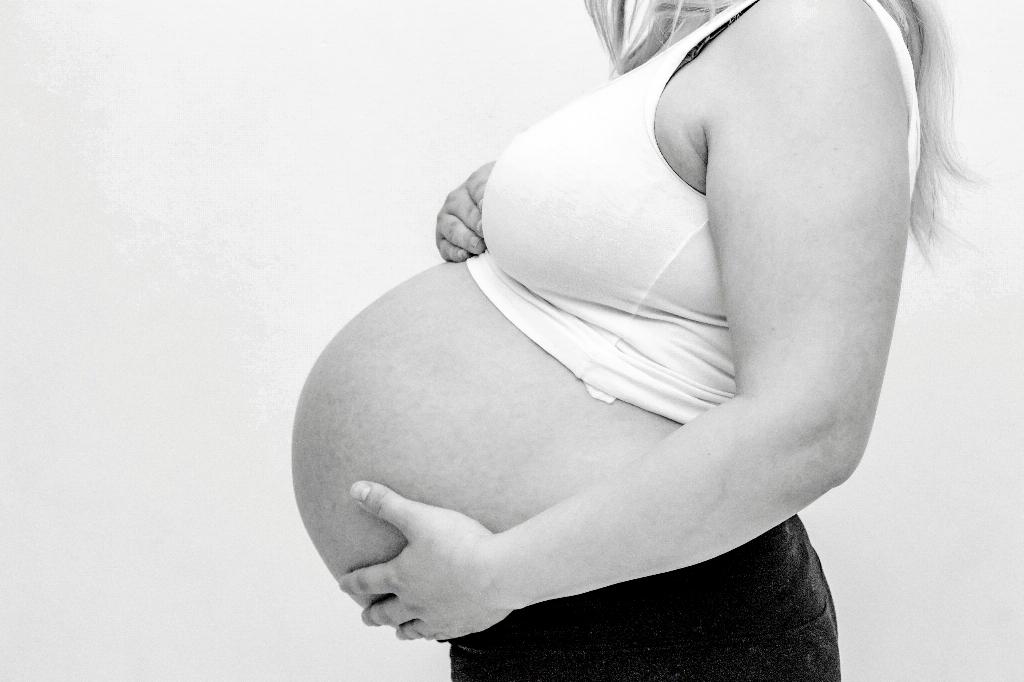As you embark on the beautiful journey of pregnancy, it’s important to prioritize your sleep for the health and well-being of both you and your baby. One common question that many expecting mothers have is: How should I sleep in my first 3 months of pregnancy?
1. Early Changes in Sleeping Habits
During the initial stages of pregnancy, you may not notice significant changes in your sleeping patterns. However, it’s a good idea to start getting used to sleeping on your side. This position can help improve circulation and provide more comfort as your pregnancy progresses.
2. Benefits of Sleeping on Your Side
Experts recommend sleeping on your side, particularly the left side, during pregnancy. This position helps ensure optimal blood flow to the placenta and your baby. It also prevents the uterus from pressing on your liver, which is located on the right side of your body.
3. The Position of Comfort
As your baby bump starts to grow, you might find it more comfortable to sleep on your side with your knees bent. This position can help alleviate any pressure on your lower back and pelvis, making it easier to get a good night’s rest.
4. Avoiding Sleeping on Your Back
While it may be tempting to sleep on your back, especially if it’s your usual sleep position, it’s best to avoid it during pregnancy. Sleeping on your back can compress major blood vessels, leading to decreased circulation and potential complications.
5. Investing in Pregnancy Pillows
If you find it challenging to stay comfortable while sleeping on your side, consider investing in pregnancy pillows. These specially designed pillows can provide support for your belly, back, and knees, helping you maintain a healthy sleep position.
6. Establishing a Bedtime Routine
Creating a bedtime routine can also contribute to better sleep during the first trimester of pregnancy. Try to unwind before bed, avoid screens, and create a relaxing environment in your bedroom to promote restful sleep.
7. Staying Hydrated During the Day
Proper hydration is essential during pregnancy, but try to limit your fluid intake before bedtime to avoid frequent trips to the bathroom at night. Staying hydrated throughout the day can help prevent nighttime disruptions.
8. Listening to Your Body’s Signals
Every pregnancy is unique, so be sure to listen to your body and adjust your sleeping position based on what feels most comfortable for you. If you experience any discomfort or pain while sleeping, consult with your healthcare provider for personalized advice.
9. Seeking Support from Your Partner
Don’t hesitate to ask for support from your partner when adjusting to new sleeping positions during pregnancy. Your partner can help make the bed more comfortable, assist with pillows, or simply provide emotional support as you navigate this special time together.
10. Prioritizing Self-Care and Rest
Remember that adequate rest is crucial for both you and your baby’s health. Don’t hesitate to take naps during the day if needed and prioritize self-care to ensure you’re well-rested and ready to embrace the joys of pregnancy.
11. Consulting with Your Healthcare Provider
If you have any concerns about your sleep quality or comfort during pregnancy, don’t hesitate to discuss them with your healthcare provider. Your doctor or midwife can provide personalized guidance and recommendations to support your well-being.
12. Embracing the Journey of Pregnancy
As you navigate the first 3 months of pregnancy and beyond, remember to cherish this precious time and prioritize your physical and emotional well-being. By following the tips mentioned above and listening to your body’s needs, you can promote a healthy and restful sleep experience during this transformative period in your life.

